In 2017 I started Gea Rights, inspired by the recognition of the rights of Nature in Ecuador and Bolivia, and by the United Nations Harmony with Nature Programme. This Earth Day is peculiar: we are celebrating our Mother Earth amid a pandemic that has killed millions of people worldwide. This situation has shown us the immense power of Nature and our dependence on a very delicate balance. A paradigmatic shift is the logical consequence of this pandemic: we cannot return to destructive normality.
Law has shaped the world as we know it; it is time for Law to change. The anthropocentrism of the discipline, which conveys the idea that Nature is only a resource to be possessed and exploited, is anachronistic. It does not respond to the current challenges.
It is time to take a step forward and consider ourselves as part of Nature and this planet as our common home, to be loved and protected. We are not alone on this planet, and other life forms deserve to exist and prosper. Inaction in the face of these problems is the expression of a privilege: the privilege deriving from the status quo. Some lives are not threatened by the environmental crisis, not immediately; and we have probably become too selfish and distracted to think about the consequences of our actions on future generations (human and non-human).
When I talk about the rights of Nature to other jurists, I notice a generalized ignorance on the topic, and sometimes even a certain irony, as if I was daydreaming. Again, a privilege: the privilege to ignore a worldview, that of Indigenous Peoples, silenced by centuries of violence and oppression. Change is inevitable, but its rhythm depends on our commitment to imagine a different world and our courage to shape it.
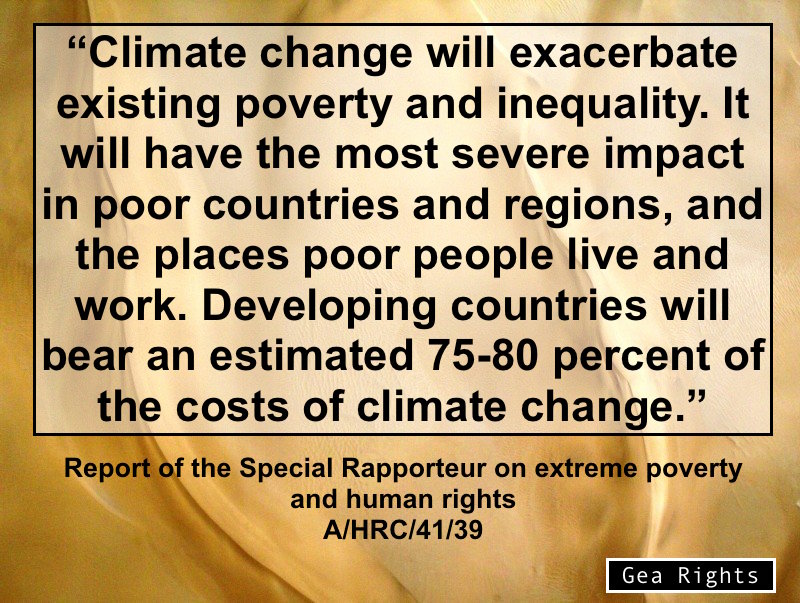
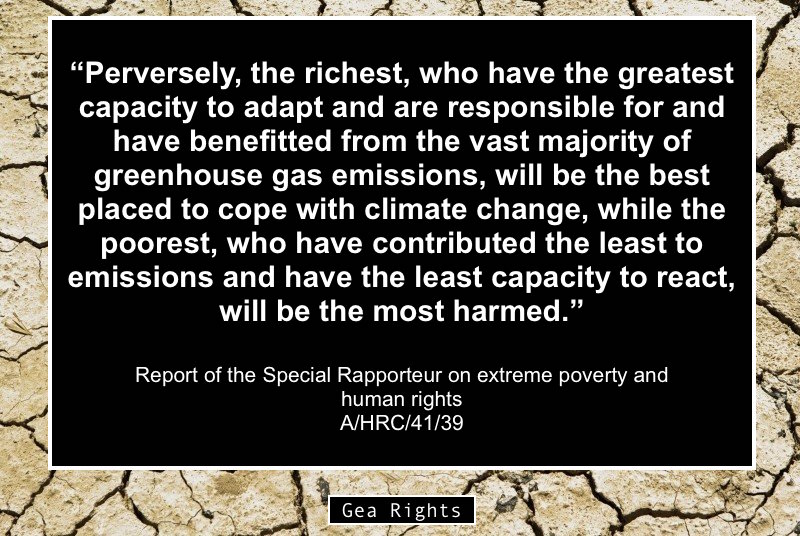
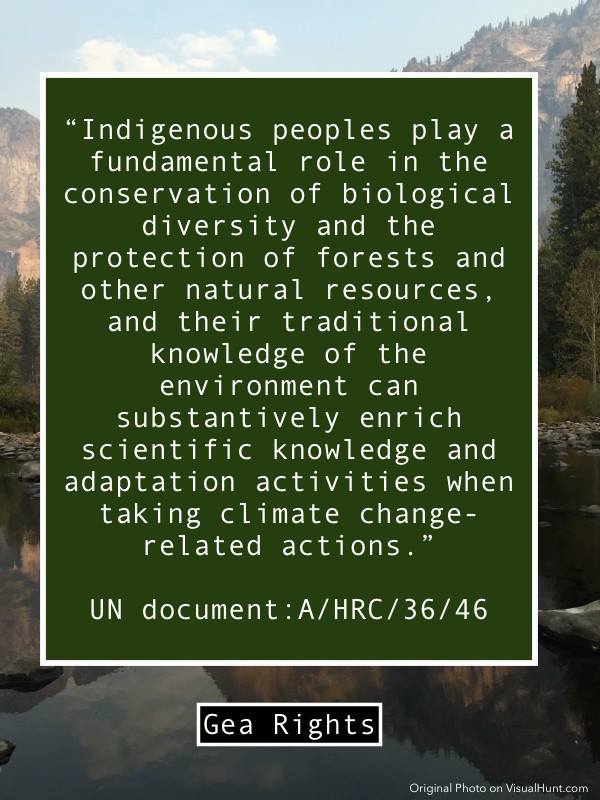
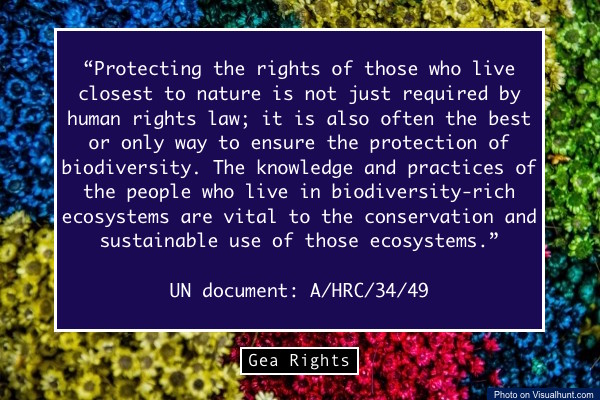
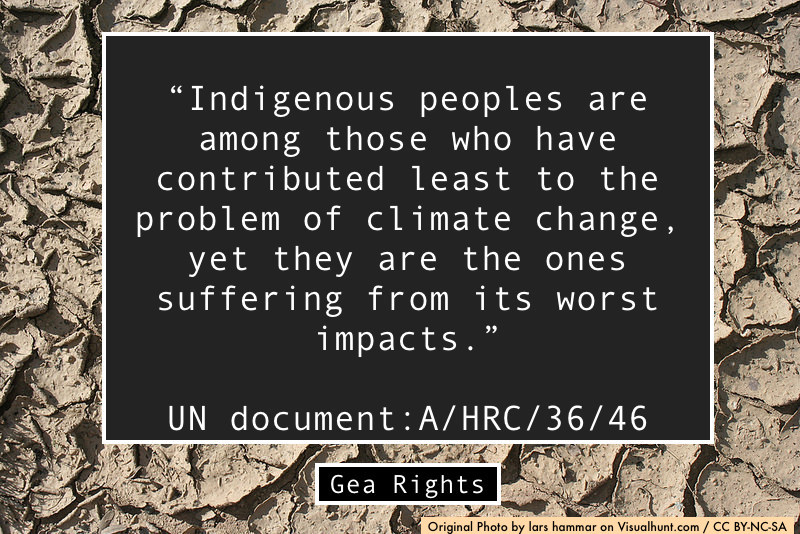
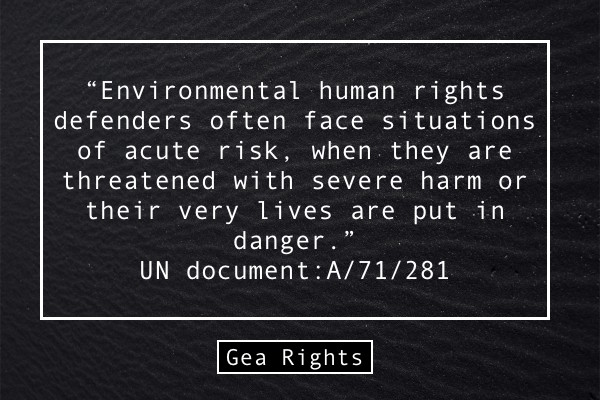
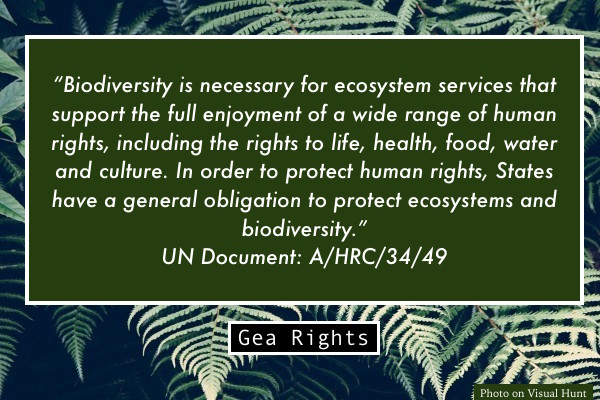
Leave a Reply